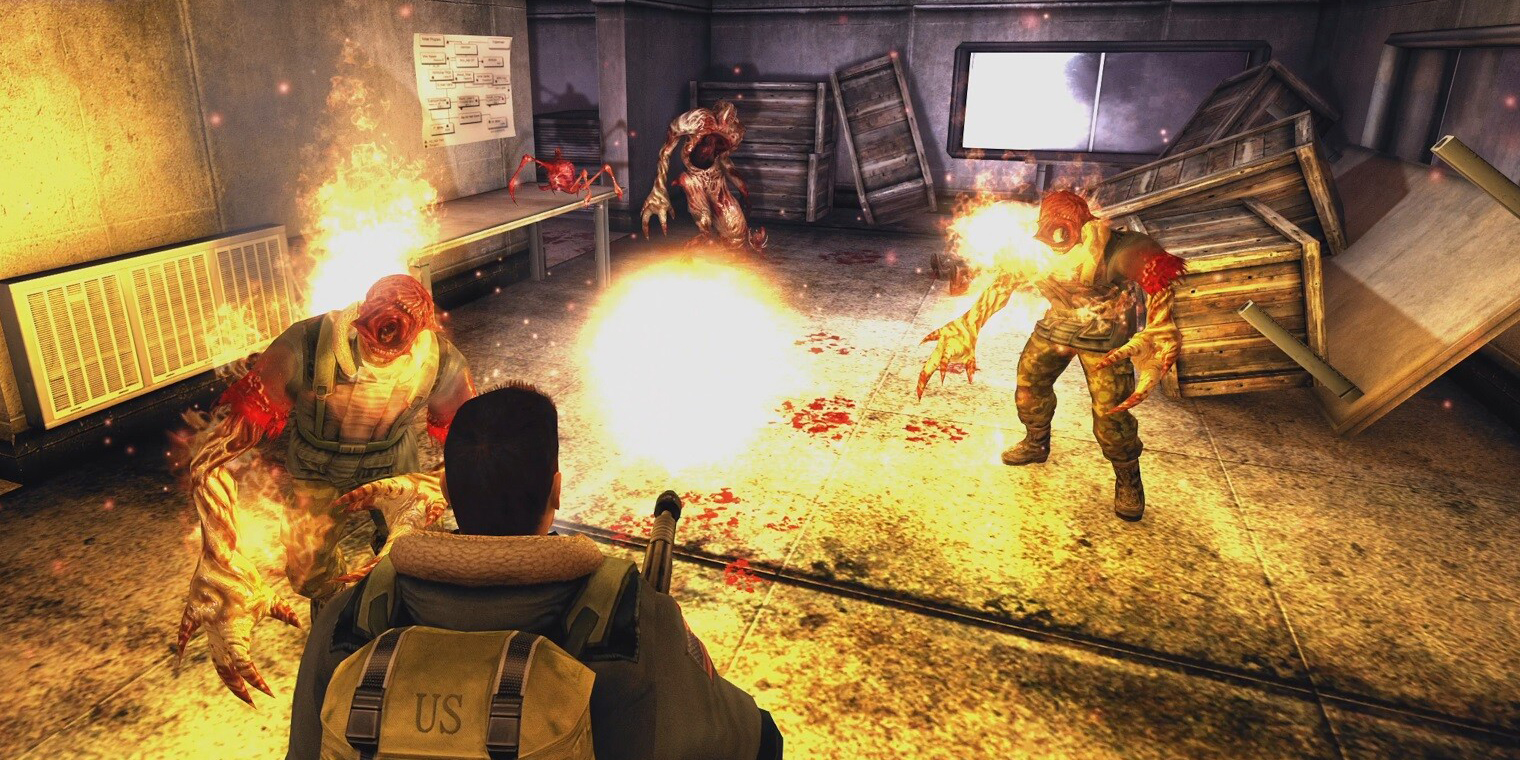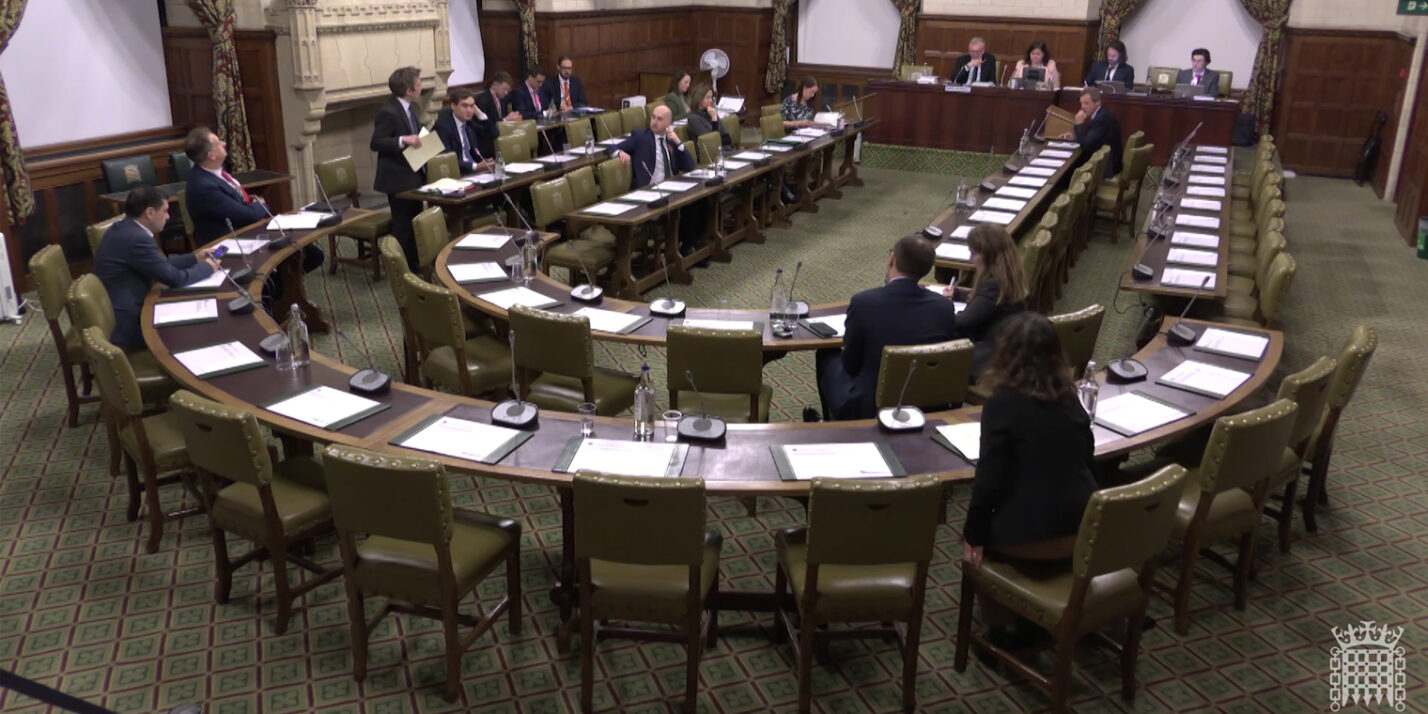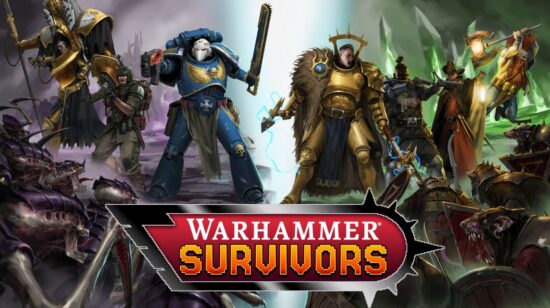“It’s a Matter of Justice” – UK Parliament Debated Stop Killing Games; Industry Heads Speak Out


- UK MPs discussed the Stop Killing Games petition, defending gamer rights and recognizing games as cultural works.
- Industry leaders stressed game preservation as both cultural heritage and smart business.
- MPs said gamers deserve lasting access; the government warned end-of-life rules could burden studios.
- No policy change yet, but clearer consumer guidance is planned as SKG gains support across Europe.
Jump to:
Gaming Culture Is International
Nov. 3 saw UK Parliament debate the current Stop Killing Games (SKG) initiative, after a petition successfully received almost 190,000 signatures. Around 20 Members of Parliament were present, with Labour MP Ben Goldsborough leading the charge. The debate lasted for an hour, with a lot of politicians sticking up for gamer consumer rights.
Multiple points were raised, often on behalf of constituents who wrote to their MP with concerns related to losing access to games they’ve paid for. Others also spoke about the cultural impact gaming has, not just in the UK but internationally. This was the main tact taken by many of the MPs, and was a final point accepted by Stephanie Peacock, the Parliamentary Under-Secretary of State for Culture, Media and Sport.
“Gaming’s place in culture is equally important, and that has really featured in the debate,” she said. “For more than 40 years, video games have been entertaining audiences of all ages, and today, the vast majority of young people will grow up playing video games and making memories that they will carry with them throughout their lives. Video games, much like films and music, have become cultural touchstones.”
The Importance of Game Preservation
On the surface, Peacock’s comments are welcome but overall she missed the point of games as cultural artifacts. In this regard, game preservation is closely tied to SKG, and preserving games due to their cultural impact is something that many within the industry often talk about.
Stephen Kick, the CEO of Nightdive Studios, told Eneba: “Many movies, books, and music have been remastered, restored, or re-released in some form and video games should be treated no differently – they’re cultural works of art that tell us about the time, technology, and people who made them. If we don’t preserve them, we lose not only a piece of history, but the potential of that game to teach us, inspire or influence us in any number of ways that lead to more forms of expression.”

The importance of video game history is also something close to the heart of Frank Gasking, from Games That Weren’t: “If we don’t capture the stories of the people that made those original games as well as the actual physical games themselves, then we don’t learn about what their process was and what issues they had, what challenges they encountered back then. I think that’s really important.”
One of the biggest international names behind game preservation is GOG. Eneba spoke to Piotr Gnyp about the GOG Preservation Program, and he spoke about it in business terms (as this is something that often gets overlooked):
“Game preservation is no longer seen as just cultural work. It’s becoming a serious business strategy. One that reduces risk, extends a product’s lifecycle, and opens up new revenue opportunities. But we’re still dealing with the consequences of an industry that, for decades, wasn’t thinking that way.”
Access Vs Obsolescence
It’s true that many in favor of SKG don’t understand that gamers have always paid for the license to play a game; this is not a new idea, it’s just harder to ignore now. Part of the issue is that gamers had a physical object that would always work, provided the player had the right set-up to use it. Now, gamers predominantly use digital games, and many are sold as online-only.
Peacock’s full, lengthy closing statement was gracious in accepting the views of the other MPS and their constituents, but ultimately sided with the government’s existing stance on these matters. In short: UK consumer law is already clear on how goods should be sold.
That’s not to say Peacock ignored relevant points. In terms of ensuring end-of-life support, the core concern of the SKG initiative, she said: “Requiring an end-of-life plan for all games would fundamentally change how games are developed and distributed.”
“Although that may well be the desired outcome for some campaigners, it is not right to say that the solutions would be simple or inexpensive, particularly for smaller studios. If they proved to be too risky or burdensome, they could discourage the innovation that is the beating heart of this art form.”

This idea was covered by multiple MPs during the debate. One point of contention related to end-of-life support is that games shouldn’t have an expiry date: “It is simply a matter of justice that if someone has paid for a product, either physical or digital, they should be able to use it for as long as they like,” said Yasmin Qureshi, a Labour MP, in the debate.
Mark Sewards, another Labour MP, noted the confusion between a game having end of support and being obsolete. He gave examples including how it’s still possible to use an iPhone from 14 years ago to make calls even though it no longer receives updates, and that an old printer can still print paper.
“What we are seeing with games is different,” he said. “It is as if someone bought that printer, and then one day the manufacturer sent out a signal that deliberately stopped it from working at all, claiming it had reached the end of support. That is not support ending; it is obsolescence, which has an entirely different meaning.”
Next Steps
The UK SKG debate ended with Peacock dutifully outlining all the main points raised by MPs, although she parroted a lot of incorrect and uninformed ideas related to “problems” handing over server control to players, as well as online gamer health and safety. The industry has already seen noted developers hand over server control to players, so a precedent has been set but unfortunately ignored.
As this was just a debate, however, the good news is that there’s still the chance for a favorable outcome, even if it doesn’t quite end up being what gamers want.
“We do not think that mandating end-of-life plans is proportionate or enforceable, but we recognise the concerns of gamers about whether information on what they are purchasing is always sufficiently clear,” Peacock said.
“With that in mind, DCMS, as the lead Department for video game policy, and DBT, as the lead Department for consumer protection, have engaged the Chartered Trading Standards Institute. The institute maintains the Business Companion guide to businesses on complying with consumer law, including in relation to digital content.”
“Following this debate, our two Departments will consider the case for asking the institute to develop guidance to help businesses to ensure that the information provided to video game consumers accurately reflects existing consumer protections.”
As for the main SKG initiative, the latest official update on the main EU petition was on Oct. 26, through the Stop Killing Games Reddit channel: “Out of 1,448,270 signatures, 689,035 are already verified, and 15 countries have met their thresholds.”
It also covered why it’s sought to talk to people that the general gaming public perceive as the enemy: “There is no monolithic ‘industry.’ The vast majority of studios – especially European ones, both indie and AAA – have always listened to players and strived to do right by their community. This issue is driven by a powerful few who do not represent the values of creators or players.”
“Our fight is not against a united CEO front. It’s against a handful of companies holding our favorite games hostage. That’s why we said ‘enough’ – and why so many of you did too.”
The originator of SKG, Ross Scott, has also taken to the official Reddit channel to promise that other things are still going on behind the scenes that they simply can’t talk publicly about just yet.

















